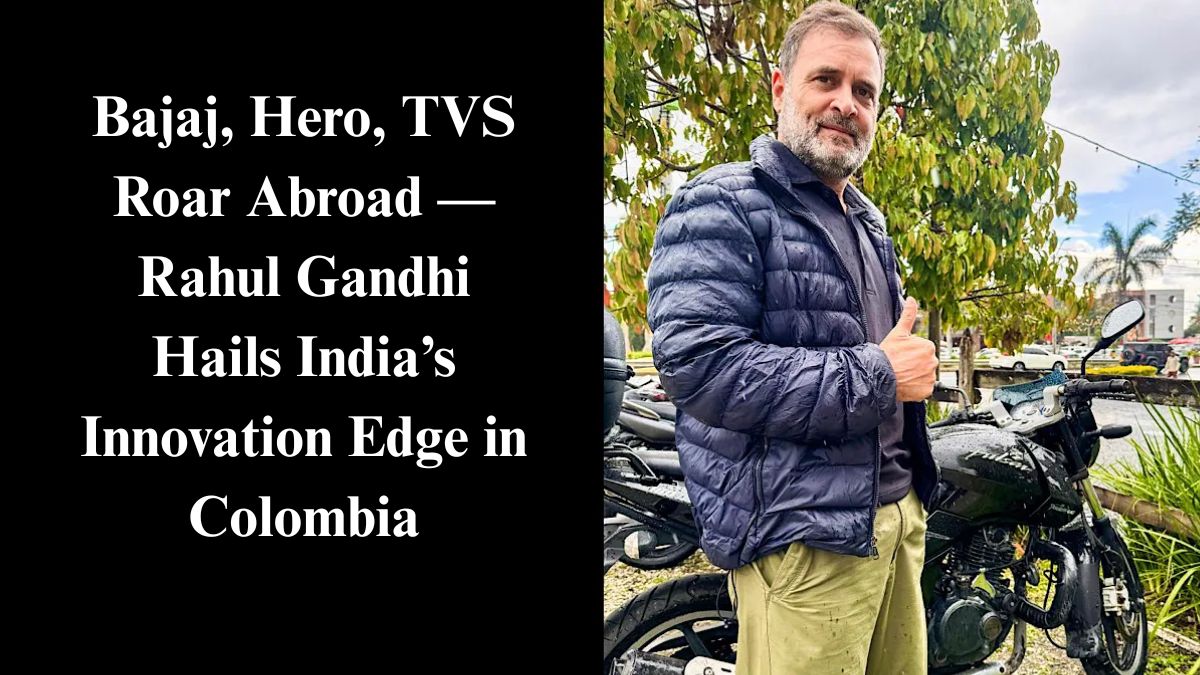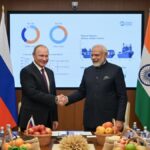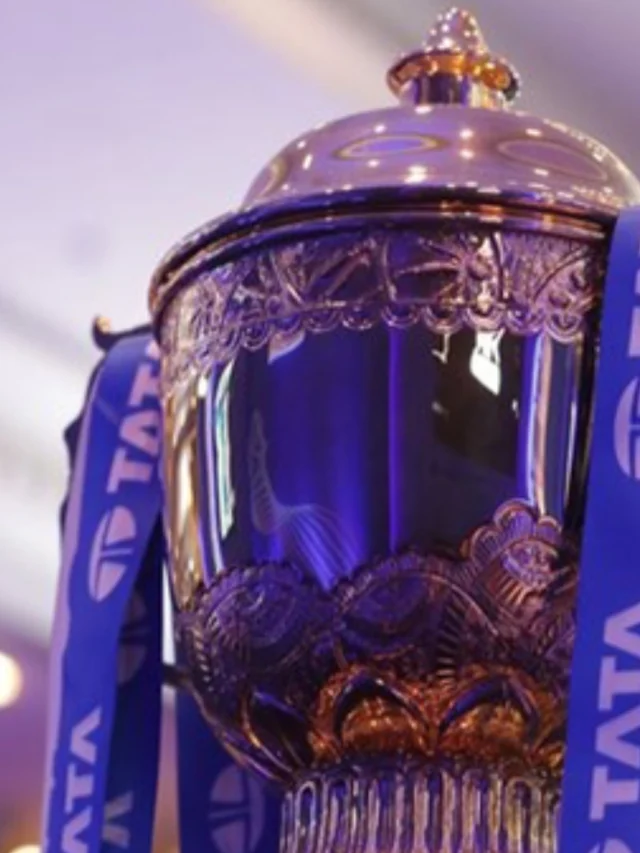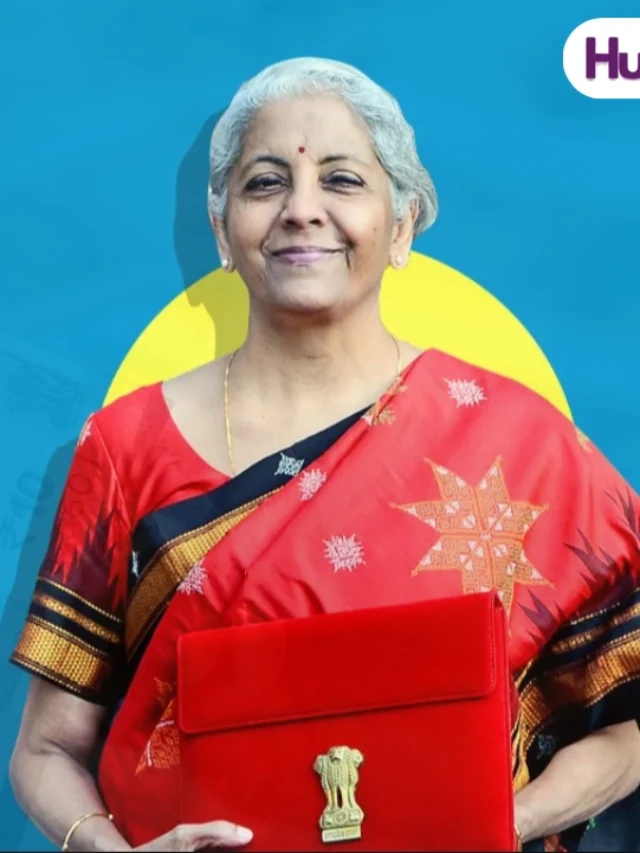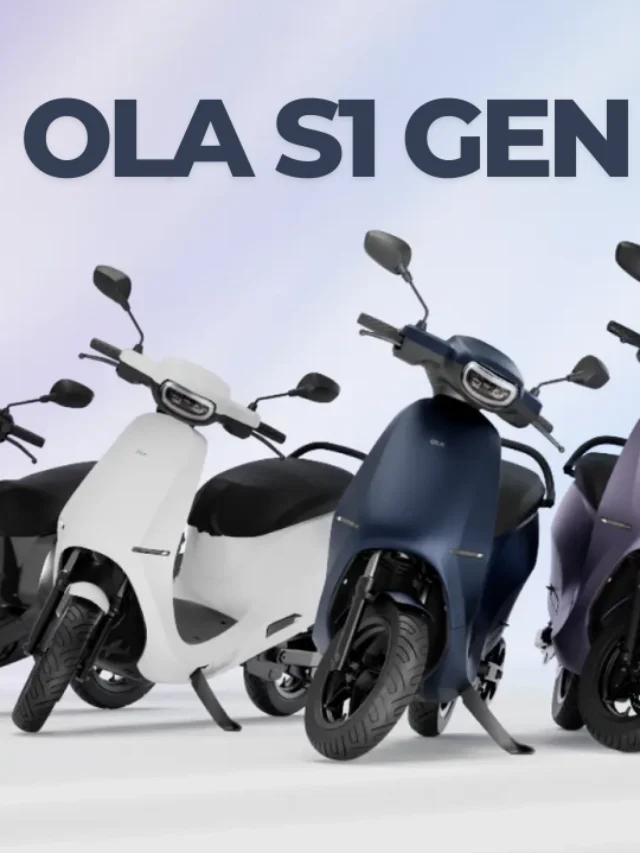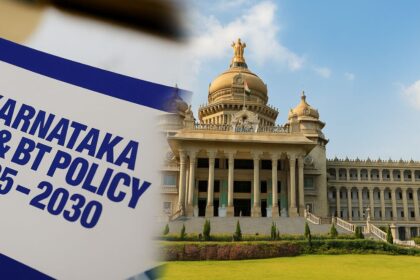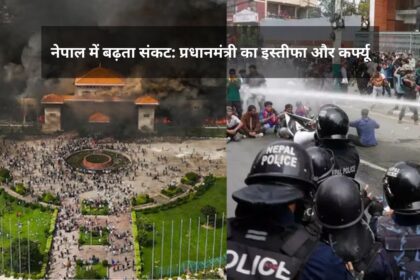Rahul Gandhi Colombia visit has highlighted the remarkable success of Indian two-wheeler manufacturers in South American markets, with the Congress leader praising Bajaj Pulsar success as proof that Indian companies can compete globally through innovation rather than political connections. The Leader of Opposition’s statement comes during his extensive four-nation tour across South America.
Gandhi shared a photograph on social media platform X showing himself standing beside a Bajaj Pulsar motorcycle in Colombia, emphasizing how Indian brands have established strong market presence through merit and technological excellence. “Proud to see Bajaj, Hero & TVS do so well in Colombia. Shows Indian companies can win with innovation, not cronyism. Great job,” he posted.
The Congress leader’s remarks carry significant political undertones as he continues his critique of what he calls the concentration of economic power among a few business houses in India. During his address at the ‘Future is Today’ seminar at EIA University in Medellin, Gandhi had earlier criticized the phenomenon of “three or four businesses taking over the whole economy, having a direct relationship with the prime minister”.
Gandhi’s praise for Indian two-wheeler manufacturers extends beyond mere business success, representing his vision for how Indian enterprises should compete in global markets. Bajaj, Hero, and TVS have indeed established substantial market share in Latin American countries through strategic investments in local manufacturing, technology adaptation, and understanding of regional consumer preferences.
The Colombian market has become particularly important for Indian manufacturers as they seek to diversify their export destinations beyond traditional Asian and African markets. These companies have invested significantly in establishing local dealer networks, after-sales service infrastructure, and customizing products to suit local road conditions and consumer behavior patterns.
Gandhi’s emphasis on innovation versus cronyism reflects his broader political narrative about democratic institutions and economic fairness. During his Medellin address, he stressed India’s complex democratic system as its fundamental strength compared to authoritarian models, stating that “India is actually a conversation between all its people”.
The Congress leader warned about the risks facing Indian democracy, describing the “wholesale attack on the democratic system” as the single biggest threat to the country’s future. He argued that India’s diversity of religions, traditions, and languages requires democratic space for expression and cannot accept authoritarian suppression.
Gandhi’s tour across South America serves multiple purposes beyond diplomatic outreach. It allows him to present alternative perspectives on Indian economic policy while demonstrating international engagement capabilities that could enhance his political credibility back home.
The BJP has responded critically to Gandhi’s international statements, with national spokesperson Gaurav Bhatia accusing him of “degrading India on foreign soil” and following a pattern of “insulting Bharat globally” through his overseas speeches.
However, Gandhi’s focus on highlighting genuine Indian business success stories like Bajaj’s international expansion provides a positive framework for discussing economic nationalism without resorting to protectionist rhetoric. The two-wheeler industry’s global success demonstrates how Indian companies can build sustainable competitive advantages through research, development, and market understanding.

